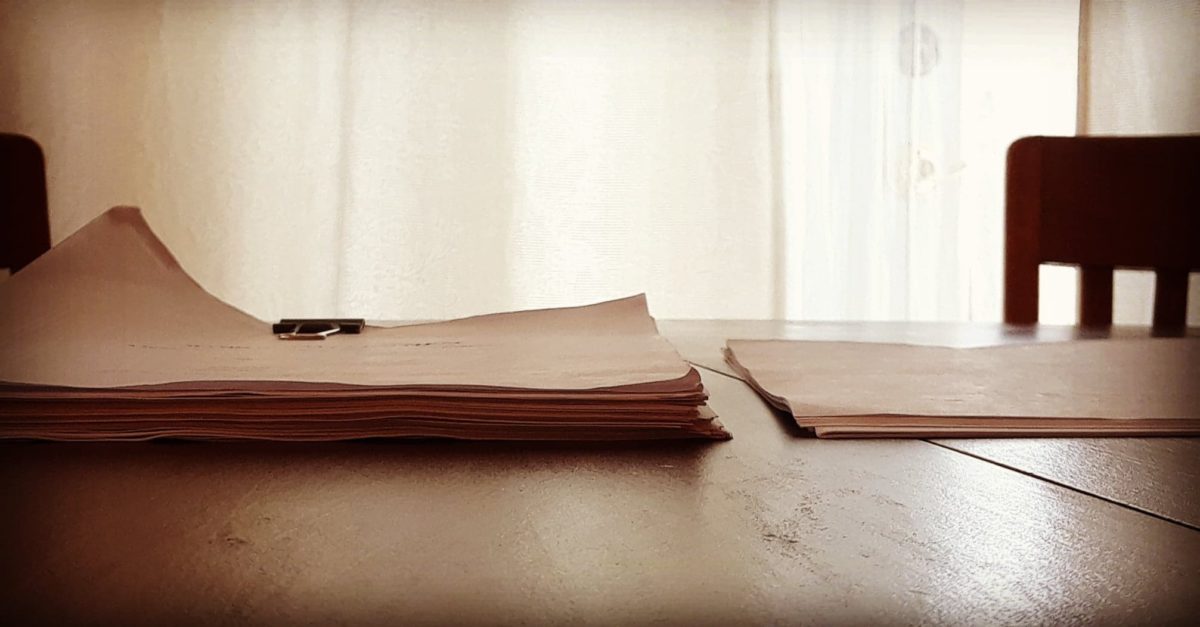It was a particularly icy January thirty years ago when I arrived in Washington DC to begin my graduate studies at Wesley Theological Seminary. This was a few days before President George H. W. Bush announced Operation Desert Storm, and the campus was gripped by grief and rage. I regret to report that I stayed in my room to unpack the evening I was invited to join an interfaith service at the National Cathedral and a candlelight march to the White House for peace in Iraq.
Against the war, the students presented a unified front. But inside, the campus was on fire. I was not there the first semester, but if memory serves, I believe it was radical feminist theologian Mary Daly who had been invited to speak the previous fall during orientation. I distinctly remember the topic of that presentation, the “Atonement as divine child abuse,” because it was too much for the community. The conservatives and liberals were at each other’s throats. It was a bloodbath. I was twenty-three, a naive dear-little-dumb-dumb, and I truly had no idea what was happening. The little I could comprehend of world and campus events had to be translated for me by a quirky classmate, Denise, and her boyfriend Leo, who—and I’m not making this up—was an actual Marxist.
I didn’t last long at Wesley. A few intense months later I transferred to Seattle University, after learning I was pregnant. I managed to stretch out that two-year degree over nine years, with breaks here and there to work and to have a second baby. But I finally finished all my coursework.
However, I never turned in a final, required paper. For a variety of reasons. Instead, I took a low-paying part-time job thinking it would buy me some time to hang with my boys and figure out what to do. Twenty years later, the boys were gone, but I was still in that job.
I began to plot my escape just over a year ago. By some miracle, or perhaps because they needed my money, in January 2020, the School of Theology and Ministry let me back in. If I just took three classes, they’d let me have the degree.
And then, pandemic. The idea of Zoom school did not appeal to me, so I requested a deferral, but later relented. Finally, on January 6, another day that will live in infamy, I virtually attended my first graduate level class in twenty years, Theology, Ecumenism, Pluralism.
Returning to graduate studies after a two-decade hiatus is rough. A story for another day. And this is all introductory material, so let’s cut to the chase.
Early in the course we read a chapter from Ivone Gebara’s 1999 book, Longing for Running Water: Ecofeminism and Liberation. Even a most cursory glance at her Wiki page reveals that she’s an absolute badass. Her evidently controversial ideas seem perfectly reasonable to me, so I didn’t quite pick up on how threatening her Jesus might be to the Catholic Church.
In fact, the seemingly innocuous moment that struck me as scandalous was the line that begins, “I agree with Sallie McFague….”
At Wesley, we had read McFague’s Speaking in Parables, first published in 1975. I absolutely loathed that book. One of my most distinct divinity school memories—aside from that positive pregnancy test in the dorm bathroom, of course—is of sitting at my desk seething over what seemed to me to be utterly unrelated sentences. (We didn’t have “word salad” in our vocabulary then.) What the Hell even is this?
“I agree with Sallie McFague….”
Agree!
In an interview with Bill Moyers back in the late 80s, McFague said something along the lines of, or perhaps even exactly—religious language is “ordinary language which we use in extraordinary ways.” Even my dear-little-dumb-dumb self knew that this was not quite right. Or, that it was half-correct. My instinct was—and is now, but with an enormous dose of humility mixed in—to suggest that religious language is ordinary language that uses us in extraordinary ways. But to darling dummy me, with the arrogance particular to youth, McFague was obviously and simply wrongedy-wrong. Off with her head!
Also. As an undergraduate, I had read In Parables: The Challenge of the Historical Jesus in a class with Marcus Borg. Sometimes we minimally, partially understand a text, but are nonetheless captivated, used, shaped. The line I remember from Crossan—and “remember” is too flaccid a word—the line that moved me, shifted my world, was this: “We live in story like fish in the sea.”
(You might be cringing, knowing where I’m going with this.)
What did I know about Sallie McFague? Or John Dominc Crossan? Aside from their respective genders? Fuck all. That’s what I knew.
So when I read Gebara, “I agree with Sallie McFague….” That’s when I realized.
Word salad notwithstanding, I assume my bias against McFague had to do with an internalized idea that women are not theologians. And Mary Daly had, it seemed to me, casually ripped the Wesley community apart. At twenty-three, I’d been thoroughly trained to not make waves and to dismiss any woman who did. While at the same time I dismissed McFague for not being radical enough, because she didn’t turn it on it’s head, the reciprocal power of religious language.
Just before I read the Gebara article this year, I had read a novel, also by a woman, and I was surprised and struck by the sexism. When I puzzled over this with my pal Gwynne, she said, “The misogyny is baked in.”
Baked into the culture, the air we breathe. It’s the story-sea we swim in.
So. Reviewing the syllabus, what do I know about Theology, Ecumenism, and Pluralism, after ten intense weeks? Fuck all. But my own baked in biases? More than I’d like.

